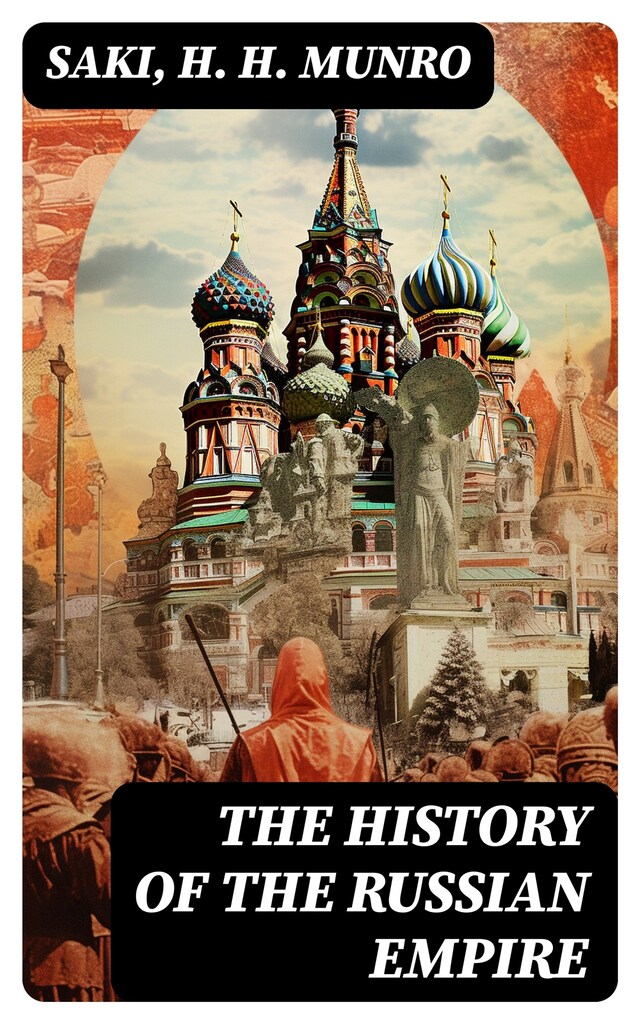
The History of the Russian Empire
From the Foundation of Kievian Russia to the Rise of the Romanov Dynasty
Description of book
The History of the Russian Empire is a distinguished anthology that traverses the vast, complex tapestry of Russia's imperial past through the unique lens offered by Saki, the pen name of H. H. Munro. This collection positions itself uniquely within the literary tradition, blending satire, historical insight, and a wry examination of human nature to explore the theme of power and its intricacies. Munro's distinctive literary style — with his flair for incisive wit and keen observation — sets this collection apart, inviting readers to consider the nuances of governance, society, and culture in the Russian Empire through a series of meticulously crafted narratives. The diversity and significance of the works included, though emanating from a single author, showcase a remarkable versatility and depth of understanding. Hector Hugh Munro, known by his pseudonym Saki, was an astute observer of the political and societal shifts of his time. The inclusion of his works in this anthology aligns with significant historical and cultural movements, reflecting not only the zeitgeist of the early 20th century but also the perennial themes of human folly, the ironies of civilization, and the dichotomies inherent in power dynamics. Munro's British perspective adds an intriguing layer of external reflection on the Russian Empire, enriching the anthology with a nuanced interpretation that transcends time and geography. The History of the Russian Empire is a must-read for those intrigued by the fusion of history with literary artistry. It offers readers a unique opportunity to explore the multifaceted nature of the Russian Empire through Munro's distinctive voice, marked by its sharp wit and profound intelligibility. This anthology not only educates but also entertains, making it a valuable resource for students, scholars, and anyone interested in the confluence of history, literature, and the human condition. It stands as a testament to the enduring power of narrative to shape our understanding of the past and its influence on the present.
 389 Pages
389 Pages